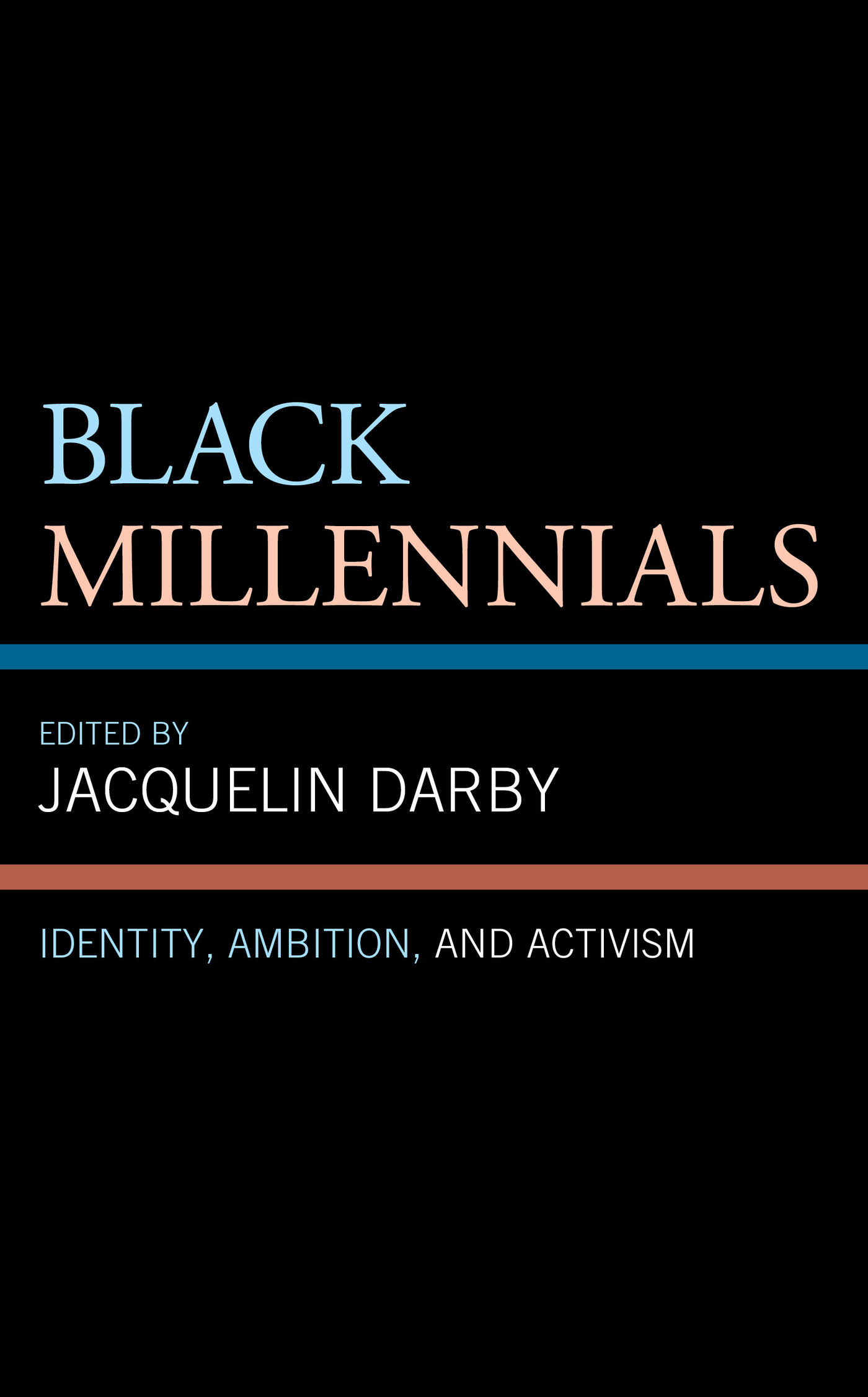Black Millennials
Black Millennials
Identity, Ambition, and Activism
Edited by Jacquelin Darby
LEXINGTON BOOKS
Lanham Boulder New York London
Published by Lexington Books
An imprint of The Rowman & Littlefield Publishing Group, Inc.
4501 Forbes Boulevard, Suite 200, Lanham, Maryland 20706
www.rowman.com
6 Tinworth Street, London SE11 5AL, United Kingdom
Copyright 2021 by The Rowman & Littlefield Publishing Group, Inc.
All rights reserved. No part of this book may be reproduced in any form or by any electronic or mechanical means, including information storage and retrieval systems, without written permission from the publisher, except by a reviewer who may quote passages in a review.
British Library Cataloguing in Publication Information Available
Library of Congress Cataloging-in-Publication Data
Library of Congress Control Number: 2020946697
ISBN 978-1-7936-1181-9 (cloth : alk. paper)
ISBN 978-1-7936-1182-6 (electronic)
 TM The paper used in this publication meets the minimum requirements of American National Standard for Information Sciences Permanence of Paper for Printed Library Materials, ANSI/NISO Z39.48-1992.
TM The paper used in this publication meets the minimum requirements of American National Standard for Information Sciences Permanence of Paper for Printed Library Materials, ANSI/NISO Z39.48-1992.
Introduction
As a practicing psychologist, I always try to stay up to date with the newest research regarding the populations that I serve. Recently, I have noticed an increase in scholarly articles that are attempting to understand millennials. These articles have touched on several topics about the millennial experience, but not many have taken into account the intersectionality of race. When viewing the available literature, there appears to be a gap where Black Millennials are not given the same academic courtesy that are afforded other cultural groups. This is not to mean that other groups should have less space, rather, it is to say that Black Millennials need to take up more space.
As a practicing psychologist, I am left to speculate on how theories and trends can apply to this unique population that I see daily. As a consumer of research, I question if the incoming news articles, books, and new stories will speak to my unique experience or whether my identities be a footnote in the future studies column. As a Black Millennial, I am often left to my own devices when answering the big questions as it relates to my identity.
I decided to create this book with Black Millennials in mind. I wanted this to be a place for individuals to reflect on how certain aspects of millennial life intersect with Black racial identity. This projects aim is to start the conversation by having those who identify as Black Millennials being at the forefront of the discussion. These authors are not only speaking from the academic aspect but are speaking from life experiences. The point of this project is to be a place where their voices are not just a footnote in the conversation but rather are the main viewpoint. This project is to be a place where they are taking up space in a hope to inspire other Black Millennials to speak their truths.
Black Millennials are not a monolith, and the authors do not try to speak for every Black Millennials. They are speaking just for themselves in hopes that others would add their voice to the conversation. It is the hope of this project that it helps other Black Millennials to learn more about themselves and understand how their different identities impact their relationships, their ambitions, and lastly how they impact their involvement in social justice.
Chapter 1
The Status of Multiracial Millennials in the Black Community
Marisa G. Franco
According to the U.S. Census (2010), 7.4 percent of people of African descent identify as Multiracial. In 2000, only 4.8 percent of people of African descent identified as Multiracial, demonstrating a 54 percent increase in the number of people of African descent identifying as Multiracial in the last decade (U.S. Census Bureau, 2000). Millennial generations are far more likely to identify as Multiracial than generations past, given that they were among the first generation able to identify with multiple races; the U.S. Census implemented a check all that apply approach to census racial categories in 2000 (U.S Census Bureau, 2000). With the number of African-descended Multiracial people forecasted to continue to grow, research must begin to address the positionality of this group within the Black community. Mainly, are they still accepted as members of the Black community, and do they view themselves as members of the Black community? The current chapter examines research on these topics.
I specifically focus on views of and experiences among Black/White Multiracial people throughout this chapter. I do so for two reasons: (1) the Black/White Multiracial community comprises the largest proportion of Multiracial people of African descent in the United States (59.3%; U.S. Census, 2010), and (2) most of the research literature addressing relations between Black and Multiracial people focuses on Black/White Multiracial people. Thus, for the purposes of this chapter, the terms Multiracial and Biracial are used interchangeably to refer to people of mixed Black and White racial heritage.
In this chapter, I begin by reviewing Black peoples perceptions of Black/White Biracial peoples status in the Black community. Then, I review research addressing Black/White Biracial peoples perceptions of their status in the Black community. Whereas no research studies are explicit about discussing unique experiences and perceptions of Black/White Biracial millennials, most of the research reviewed included participant pools with a mean age within the millennial age window (age 23 to 38 as of 2019) and thus applies primarily to millennials. I additionally discuss specific issues regarding perceptions and experiences of Black/White Biracial millennials at the end of the chapter.
Do Black People Accept Multiracial People as Members of the Black Community?
The historical and legally sanctioned one drop rule indicated that one drop of Black blood makes one Black and relegated people of African descent who were of mixed racial heritage to the Black community (Rockquemore, Brunsma, & Delgado, 2009). This rule effectively allowed White slave masters to amass more slaves by raping their Black female slaves and enslaving the offspring (Rockquemore & Brunsma, 2001). Although the one drop rule is no longer an official government dictum, its ramifications echo in racial classification systems today. In a categorization process called hypodescent, Black/White Multiracial people are more likely to be viewed as Black than White by both Black and White perceivers (Ho, Kteily, & Chen, 2017; Ho, Sidanius, Levin, & Banaji, 2011; Peery & Bodenhausen, 2008).
Black people accept Black/White Biracial people as members of the Black community at high rates (Franco & Holmes, 2016). Indeed, when Multiracial activists advocated for multiple race options on the U.S. Census, the NAACP raised dissent, citing that this practice would fragment the political power of the Black community (Rockquemore & Laszloffy, 2003; Rockquemore et al., 2009), as more people who previously identified as Black would identify as Multiracial. Indeed, given that most African Americans have some White ancestry, what would stop most of the Black community from choosing multiple races rather than a singular Black identity, thus limiting resource allotment to Black communities?
Next page
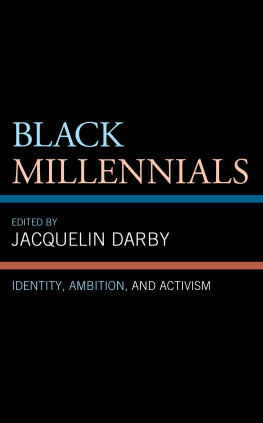

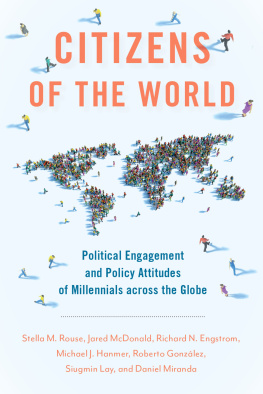
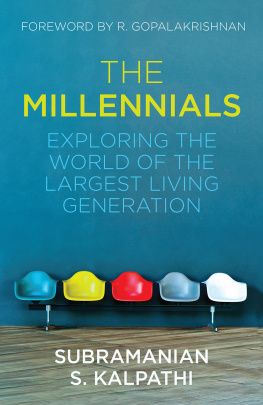

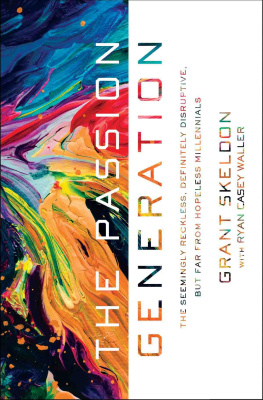
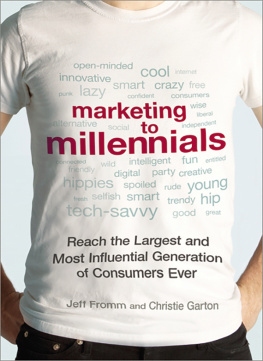
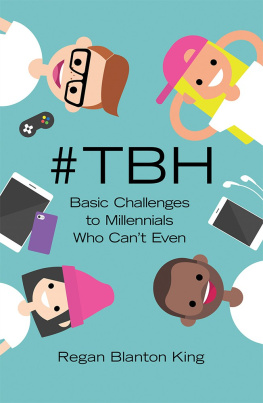
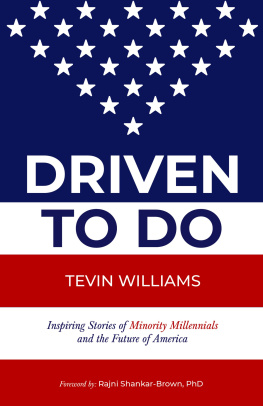
 TM The paper used in this publication meets the minimum requirements of American National Standard for Information Sciences Permanence of Paper for Printed Library Materials, ANSI/NISO Z39.48-1992.
TM The paper used in this publication meets the minimum requirements of American National Standard for Information Sciences Permanence of Paper for Printed Library Materials, ANSI/NISO Z39.48-1992.